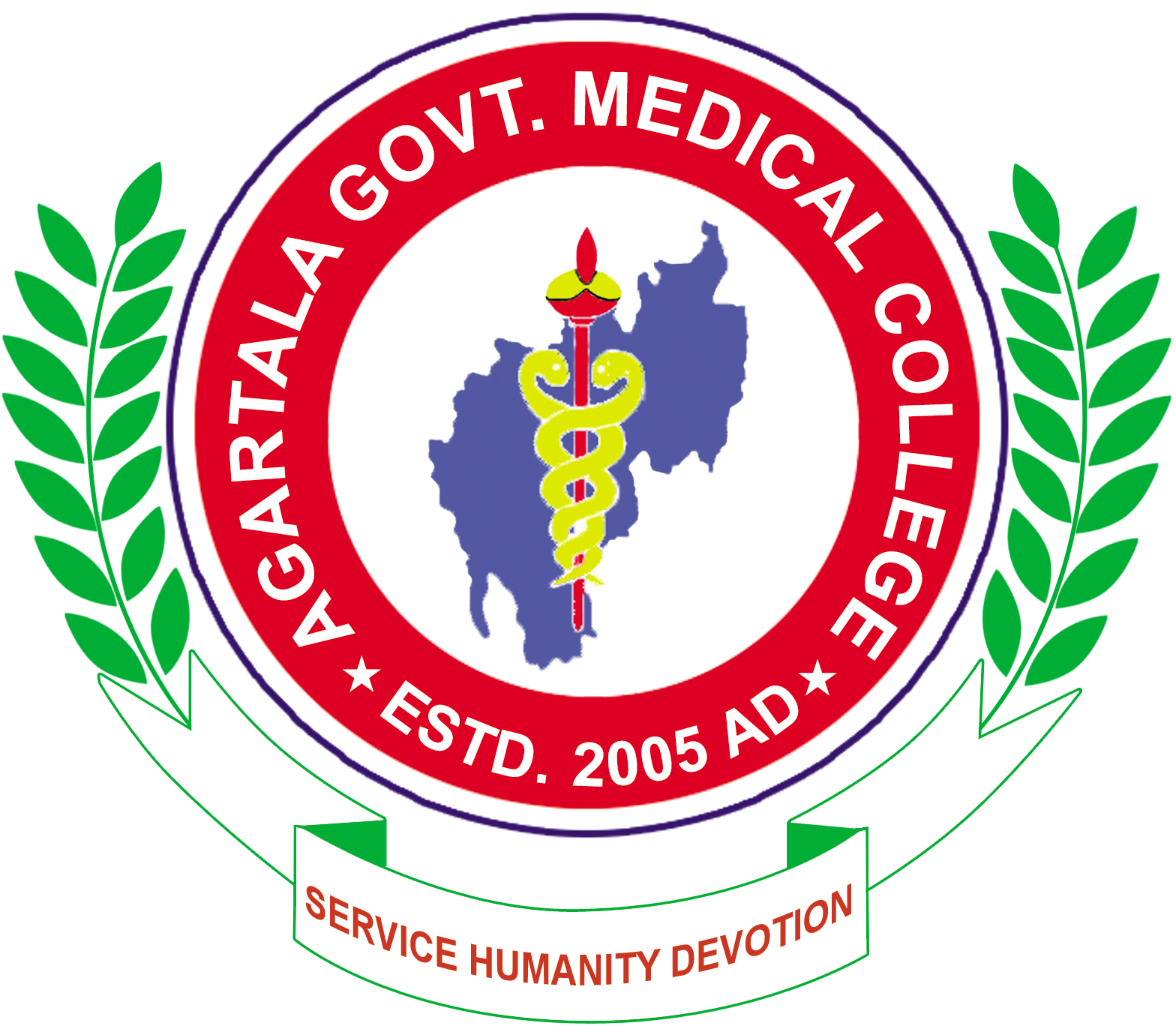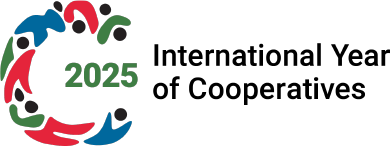DEPARTMENT OF PLASTIC SURGERY
The Department of Plastic Surgery at AGMC is dedicated to the restoration, reconstruction, and enhancement of patients' physical appearance and functionality. The department offers a range of services, from cosmetic procedures to complex reconstructive surgeries, using advanced techniques and state-of-the-art technology.
1. Academic Curriculum
The department provides education and training for undergraduate (MBBS) and postgraduate (MS/DM Plastic Surgery) students. Key areas of study include:
- Reconstructive Surgery: Techniques for restoring form and function to areas affected by trauma, congenital abnormalities, or cancer treatments.
- Cosmetic Surgery: Procedures aimed at enhancing aesthetic appearance, including facial cosmetic surgery, body contouring, and breast enhancement.
- Burn Surgery: Management and reconstruction of burn injuries, including skin grafting and scar revision.
- Craniofacial Surgery: Surgical management of congenital and acquired deformities of the skull, face, and jaws.
- Hand Surgery: Treatment of hand injuries, congenital hand deformities, and conditions affecting hand function.
- Microsurgery: Advanced techniques for repairing damaged tissues and organs using microsurgical methods.
2. Clinical Services
The Department of Plastic Surgery offers a comprehensive range of clinical services:
- Reconstructive Surgery: Restoration of function and appearance for patients with deformities, injuries, or following cancer surgery. Includes breast reconstruction, facial reconstruction, and limb reconstruction.
- Cosmetic Surgery: Enhancements and aesthetic improvements such as facelifts, rhinoplasty, liposuction, and breast augmentation.
- Burn Care: Specialized treatment for burn injuries, including acute care, wound management, skin grafting, and scar revision.
- Craniofacial Surgery: Correction of congenital and acquired deformities such as cleft lip and palate, craniosynostosis, and facial trauma.
- Hand Surgery: Management of hand injuries, reconstructive procedures for congenital hand defects, and treatment for conditions like carpal tunnel syndrome.
- Microsurgery: Advanced surgical techniques for repairing small blood vessels and nerves, often used in reconstructive surgeries.
3. Faculty
The department is led by experienced plastic surgeons and specialists:
- Head of Department (HOD): Dr. [Name], MS/DM (Plastic Surgery), specializing in [specialization], leading the department’s plastic surgical services and educational programs.
- Senior Faculty Members: Experts in various aspects of plastic surgery, including reconstructive, cosmetic, burn, craniofacial, and hand surgery.
4. Workshops, Seminars, and Conferences
The department organizes educational events to advance knowledge and skills in plastic surgery:
- Workshops on Plastic Surgical Techniques: Hands-on training in advanced techniques, including microsurgery, reconstruction, and cosmetic procedures.
- Seminars on Reconstructive and Cosmetic Surgery: Discussions on current trends, case studies, and innovations in plastic surgery.
- Conferences on Plastic Surgery: Exploration of new research, technologies, and best practices in plastic and reconstructive surgery.
5. Facilities and Resources
The Department of Plastic Surgery is equipped with state-of-the-art facilities:
- Surgical Theatres: Advanced operating rooms equipped with modern surgical tools and technology for plastic and reconstructive procedures.
- Burn Unit: Specialized facilities for the treatment and management of burn injuries, including wound care and skin grafting.
- Microsurgery Suite: Dedicated area for performing microsurgical procedures with precision equipment.
- Outpatient Clinic: Facility for the evaluation, management, and follow-up of plastic surgery patients.
6. Research and Publications
The department is actively involved in research to improve plastic surgical care and techniques:
- Reconstructive Surgery Research: Studies on innovative methods for tissue repair and reconstruction.
- Cosmetic Surgery Research: Investigation into new techniques and materials for cosmetic enhancements.
- Burn Care Research: Research on advanced treatments for burn injuries and scar management.
- Publications: Faculty members contribute to scientific journals and conferences with research findings and clinical insights.
7. Student Involvement
Students are actively engaged in practical training and research:
- Clinical Rotations: Hands-on experience in the plastic surgery unit, including patient assessment, surgical procedures, and post-operative care.
- Research Projects: Opportunities to participate in research related to plastic surgery, including clinical studies and experimental treatments.
- Educational Activities: Involvement in workshops, seminars, and case discussions to enhance understanding of plastic surgical practices.
8. Community Outreach Programs
The department is committed to improving plastic surgical care and awareness through outreach initiatives:
- Plastic Surgery Awareness Campaigns: Educating the community about plastic and reconstructive surgery options, and burn prevention.
- Health Camps: Conducting community health camps to provide basic plastic surgical assessments and medical education.
- Support Groups: Organizing support groups for patients with burn injuries, congenital deformities, or those undergoing reconstructive surgery.
9. Future Directions
The Department of Plastic Surgery at AGMC aims to:
- Enhance Surgical Services: Invest in advanced technologies and improve plastic surgical care processes.
- Promote Research and Innovation: Foster research in plastic surgery to advance patient outcomes and surgical techniques.
- Expand Community Outreach: Increase outreach programs and educational initiatives to enhance awareness and prevention of plastic surgical conditions.
- Advance Education and Training: Develop new educational programs and training opportunities to stay current with advancements in plastic surgery.


